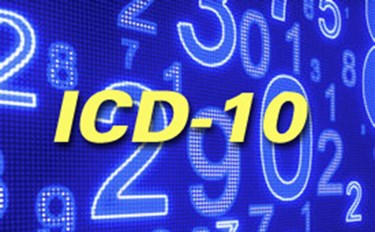The ICD-10 Grace Period Is Almost Over — Here's How To Help Your Clients Prepare
By Megan Williams, contributing writer

You’ve probably got a few clients that still haven’t gotten on board with ICD-10. If that’s the case, you might want to set up some time with them soon since another door is about to close.
As of October 1 of this year, CMS will end the grace period for the denials of ICD-10 claims. If you do have some procrastinators as clients, they are likely holding off because they haven’t fully realized how much delaying a full transition can cost them financially. They’re also likely still riding out the fact that CMS has allowed a grace period in which Medicare claims are not audited or denied as long as they’re submitted with an ICD-10 code from the correct code family (Modern Medicine Network). This means that even physician practices that think they’re prepared might be risking serious financial blows if they don’t begin proper use of the new code system.
How To Talk With Your Clients
First off, it’s important to find out where your clients stand with ICD-10.
Many might have the wrong impression of their status and believe they’re in no danger when it comes to coding. For example, some practices might not have experienced any issues if they’ve been using a three-digit placeholder. Once October 1 hits though, they will need to expand to the full five to seven digits, so it’s essential that they are aware of this issue and are properly training their staff on how to code and bill under ICD-10.
It is also essential that they understand that moving to the new system will slow down processing. According to Mary Jean Sage, CMA-AC, president of The Sage Associates, out of Pismo Beach, California, “The biggest complaint I hear from practices is that it now takes more time to select an appropriate code. Finding the correct code comes with practice.”
Perhaps most importantly though, your clients need to understand that they should not wait until denials start rolling in to begin the training process. According to Sage, “The last thing a practice wants to do is begin training when the claims are finally being denied.”
Most importantly, completing the shift to ICD-10 requires a change of mindset. Begin there with your clients to ensure that they fully understand the importance of prioritizing a change and successfully bringing their offices up to date with the new code set.
ICD-10 doesn’t have to be the end though, to read more about how you can connect your service offerings with ICD-10 solutions, we recommend this article
